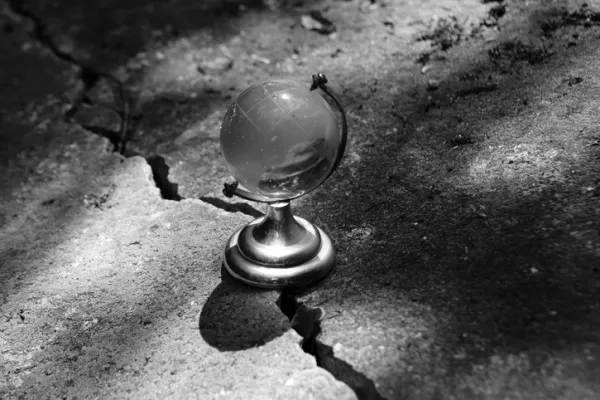Citron Research founder Andrew Left saw China Evergrande Group’s woes coming — almost a decade ago.
The world’s most indebted real estate firm, Evergrande has been one of the biggest casualties of China’s recent market rout: Its stock and bonds have tanked, its debt has been downgraded, and banks are refusing to lend it more money.
But instead of being heralded for his foresight, Left ended up being busted by Hong Kong’s securities regulator for claiming, in a 2012 report, that the company engaged in aggressive accounting and was actually insolvent.
“They deemed my report to be reckless. That was the word they used: reckless and negligent for spreading false information,” Left told Institutional Investor.
Left’s battle with Hong Kong regulators, a civil case, lasted seven years and cost him millions of dollars in legal fees. “They wouldn’t even let me question the company,” he recalled. “I said, ‘Well, you can question me. Here’s everything. Could I get some things to prove that I’m right?’ Because I needed some information.”
Finally, in 2019, he lost his appeal after being banned from trading in Hong Kong for five years. The ban, instituted in 2016, expires this October.
“I got a complete black mark on me for saying everything that’s already turned out to be true,” he said. “It’s Hong Kong’s attempt to stifle the truth. They knew it was going to happen, but they didn’t need a short seller to say anything about it.”
Left said that the 57-page report he wrote was “probably the most documented piece I’ve ever written. I had to double check, triple check.”
At the time Left published his research, he was unaware that Evergrande CEO Hui Ka Yan was one of the richest and most well-connected people in China.
“I didn’t know any of this... I would have never gotten into it,” he said.
Left did not accuse the company of being a fraud, but said that it used “fraudulent, aggressive accounting.”
“They’ve been insolvent for years,” he said. “They issued junk debt [and] were bailed out left and right.”
Evergrande’s debt has mushroomed since Left wrote about the company in 2012. In his report, Left said that the real estate firm had net debt of $11.7 billion. Last year, according to Bloomberg, it had $301.6 billion in total liabilities, including some short-term IOUs that it has been unable to pay and are the subject of litigation.
Evergrande’s problems began to accelerate last month. Over the past year, its stock is down 70 percent and its bonds are trading at record lows: below 50 cents on the dollar, according to Bloomberg.
Hui, who owns 70 percent of Evergrande and was China’s richest man in 2017, has lost more than $20 billion, Bloomberg reported.
“I don’t know what happened, but finally this past week, or month, he ran out of friends who are going to refinance his debt, and the debt became way too much,” said Left. “In China, the big talk is, ‘He’s not too big to fail.’”
“The media has completely turned against Hui,” Left added, noting that what is being written today is “the same” as what he wrote in 2012.
Last week, Evergrande canceled a special dividend to shareholders, and a court froze assets of a listed onshore subsidiary — two events that pummeled its stock and bonds even further, Bloomberg reported.
On Monday, the company disclosed that it will sell its internet unit for $418 million in an apparent effort to alleviate its cash crunch.
Left said the turn of events illustrates “the importance of a short seller.” And instead of being a “hit and run artist,” Left said, he stayed and fought.
But Left said he doesn’t feel vindicated.
“I am not vindicated because I’m still banned,” he said.
The regulatory ban has made it harder to raise money for his Citron Capital hedge fund. “It affects you huge. Huge, huge, huge, huge,” he said. “It’s a disclosure you have to make.”
The ban also hurts his reputation elsewhere. “You don’t want your kids to read, ‘Your dad was telling lies about companies in China.’ I wasn’t.”







